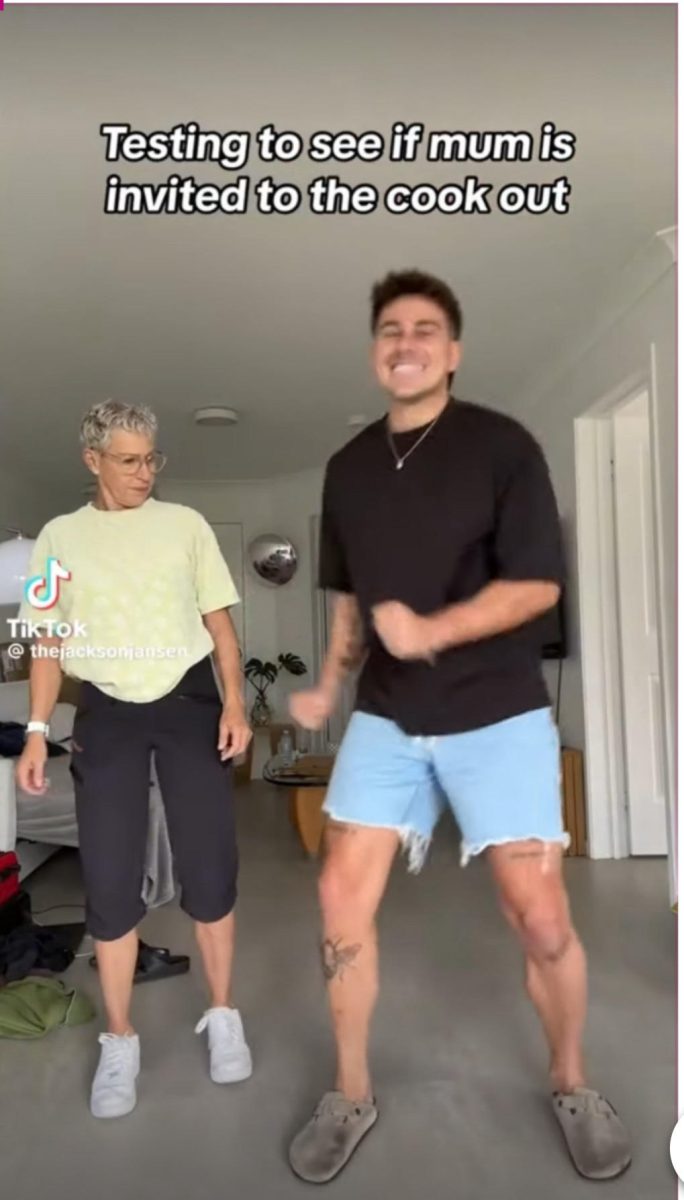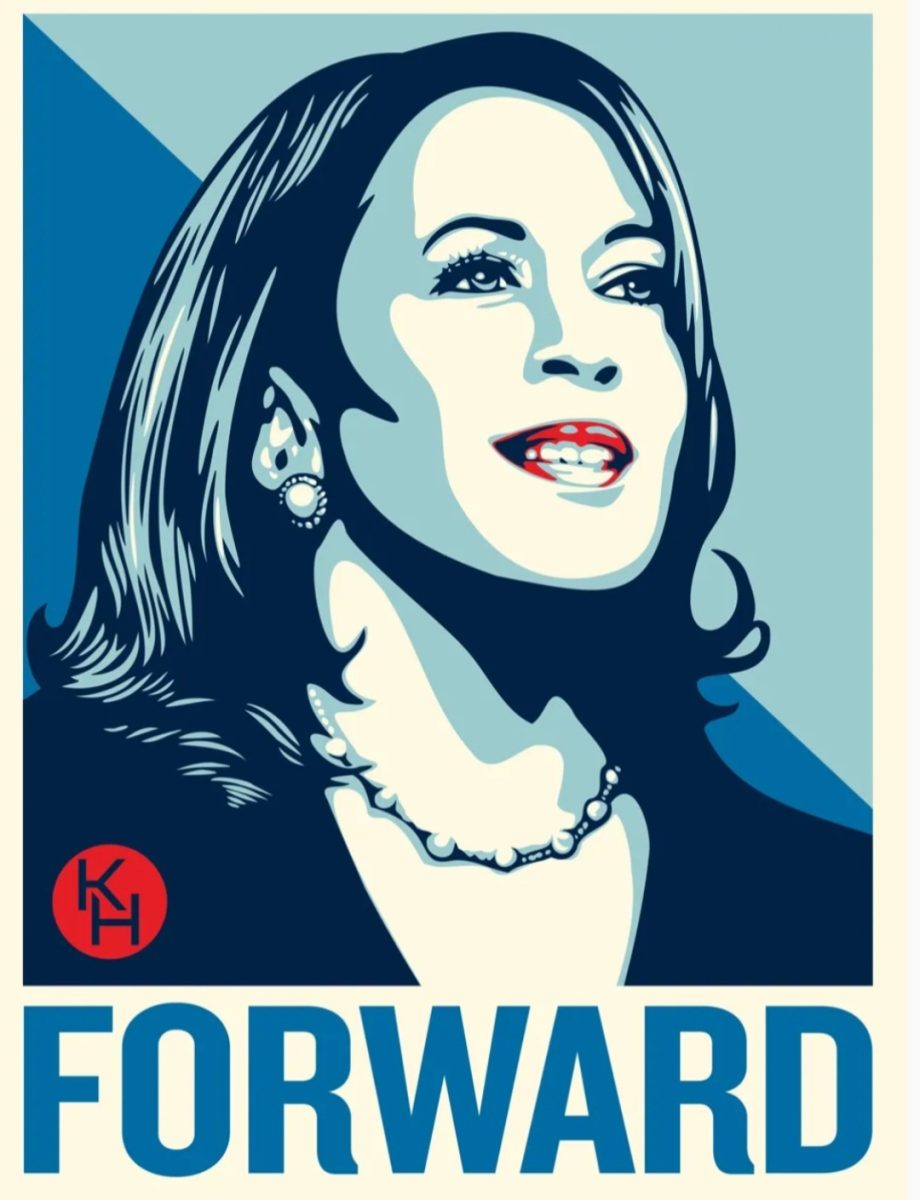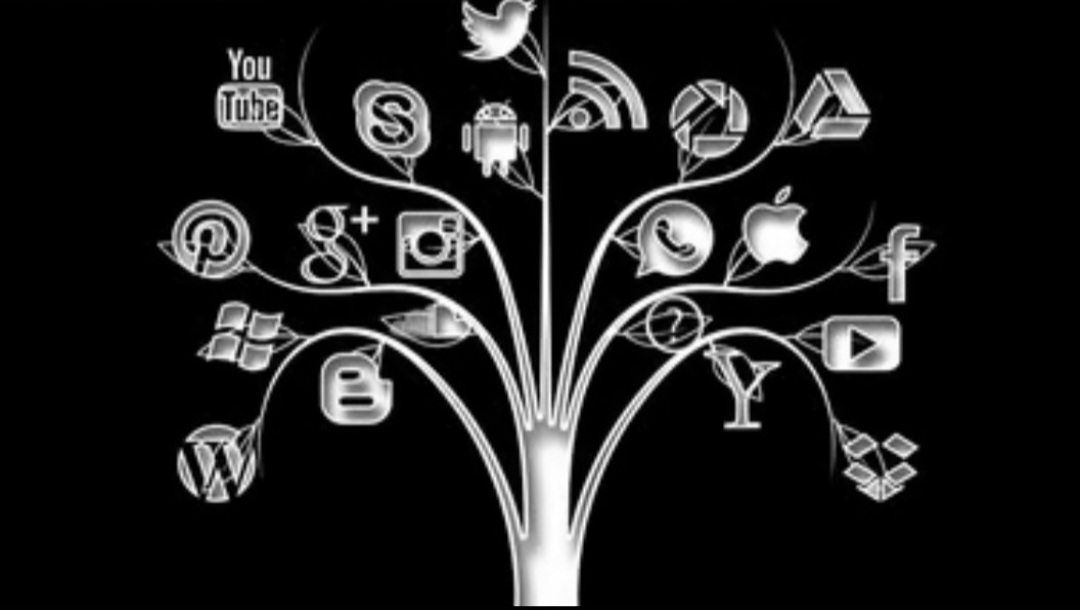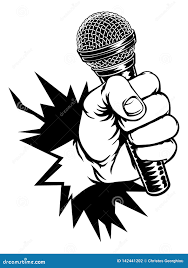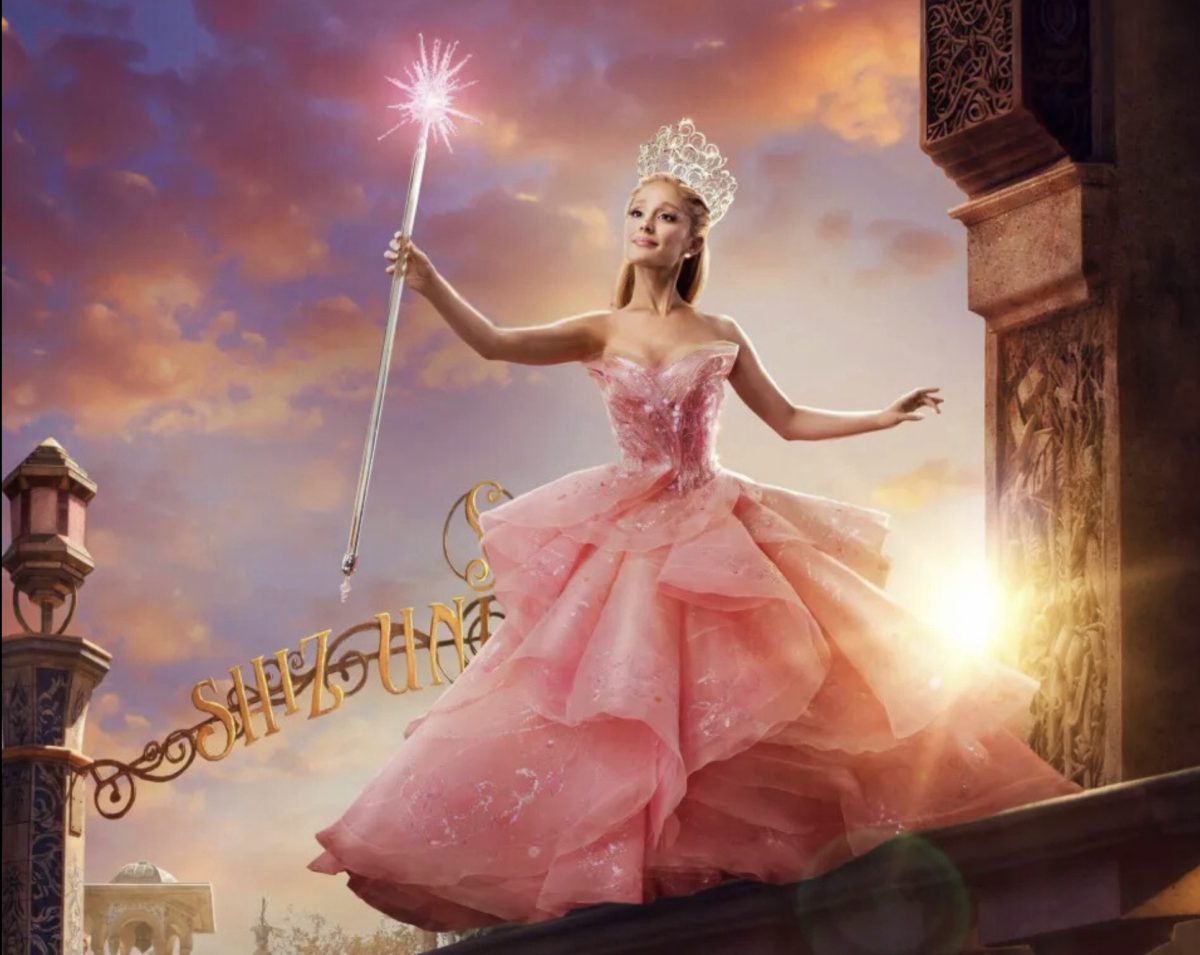Food is a way to bring many people together in my culture. If someone is grieving, and the news hits Grandmom, trust, she will come over with cornbread and chicken to cheer you up. The same thing is done when we want to bring family together.
I’ve noticed that when there’s little to no food at the event, hardly anyone will show up. We’ve all got that one aunty who shows up late to birthday parties with no gift and stays around just to gossip and eat. When all the tea has been spilled, she’s out the door with a plate full of food. It’s a miracle if she doesn’t take dessert with her too.
On specific days (maybe for someone who wants to celebrate their child’s graduation), we come together and express our love through food. It’s very rare for me to leave a Black relative’s house without having a slice of cake (at least not without the relative complaining about it the next time we see each other). During the summertime, cookouts are a huge way of bringing everyone together.
There, along with eating, we dance, we sing, we laugh.. On social media, it seems as if other cultures have caught onto these cookouts— making the joke more known to those who aren’t a part of the Black community. To add, other Black people have also made this joke a general statement rather than something that’s personal. For example, if a White person says that they support the Black Lives Matter movement some Black people in the comments section will say, “They’re invited to the cookout now,” which (some people) can interpret as “you’re one of us.”
For a while, there was nothing wrong with this joke. In fact, some people were happy that Black people were open to sharing our culture with others, and providing them with education on things such as, AAVE (African American Vernacular English), our hair, and more. The problem came into play when (some) White people began to assess another White person’s “blackness,” and invite them. For instance, if a White hairstylist can braid a Black woman’s hair, the comments will “invite that hairstylist to the cookout.”
I witnessed a prime example of this being shown on TikTok, approximately three weeks ago. A White male danced to older songs sung by Black music artists from “back in the day” to test his mother’s“Blackness”. His post went viral with mixed reactions.
While some people in the comments section did take a little offense to it, others found it funny. Some of the comments said, “They might be going to a barbeque but not no cookout.” Another said, “Who invited you?” Influencer, @KevOnStage, responded on YouTube making a video asking how he got an invite. One commenter posted something underneath that video that caught my attention the most, and it said, “It’s for Black people anyway.”
Although I’m not sure if I agree with that or not, I do wonder why some White people, or just people that aren’t a part of the Black community in general, feel the need to invite themselves.
My sister is a Black mother of two children, and she’s in a Facebook group to provide support to Black mothers. A White mother asked one of the group members if she could join the group because her son was Black, which totally ignored the fact that the group wasn’t for mothers who had Black children, but it was for mothers who are Black themselves.
Out of all the events that White people can attend that include Black people, I wonder why “the cookout’s” importance has been stressed the most. Although I’m sure someone in the world has done this, I haven’t seen Black people do things that are typically deemed as “for White people” just to have their permission to be invited to a potluck (which could be interpreted as the “White version” of the cookout).
In addition, White people doing things to “test how Black they are,” is way more harmful than “the cookout invitations” itself. When some White people follow all the “by the book” Black standards, it can reinforce stereotypes.
There is no “list of requirements” that make someone Black. You’re Black if it’s in your genetics, (which is what most people consider 50% or above) and that’s the bottom line. Just because a White person has a Black partner, it doesn’t make that White person “invited to the cookout” because of their awareness of Black traditions, how much of an ally they are, or the amount of habits that Black people are typically “known” to do (for example, rap). Hopefully, amongst other things, this trend can be put to rest because it doesn’t help anyone— except for some of the White people that are happy to “be invited.” Besides, it’s important for people to recognize that the cookout’s original intention was never about how Black a White person is, and vice-versa, to begin with.


